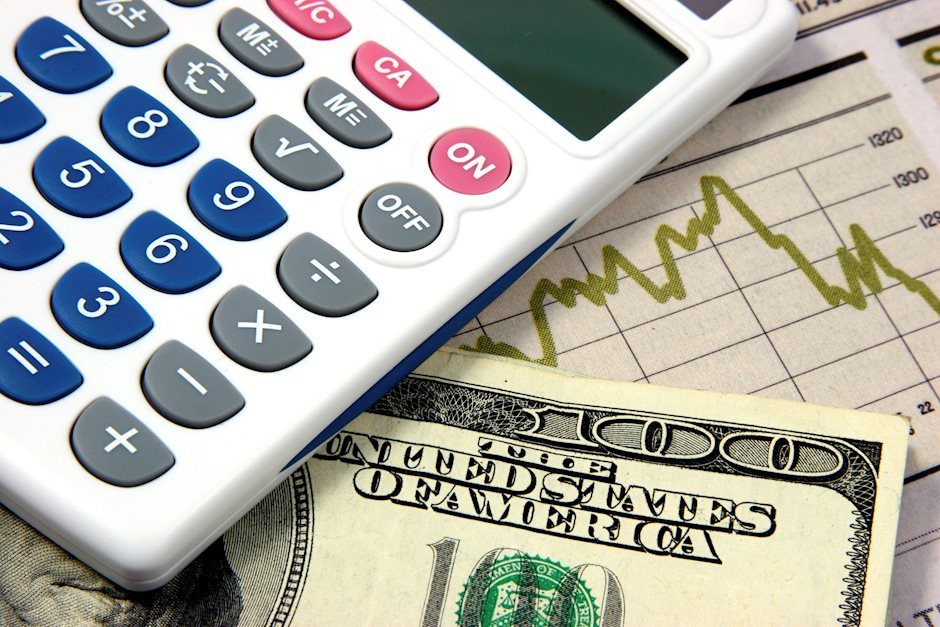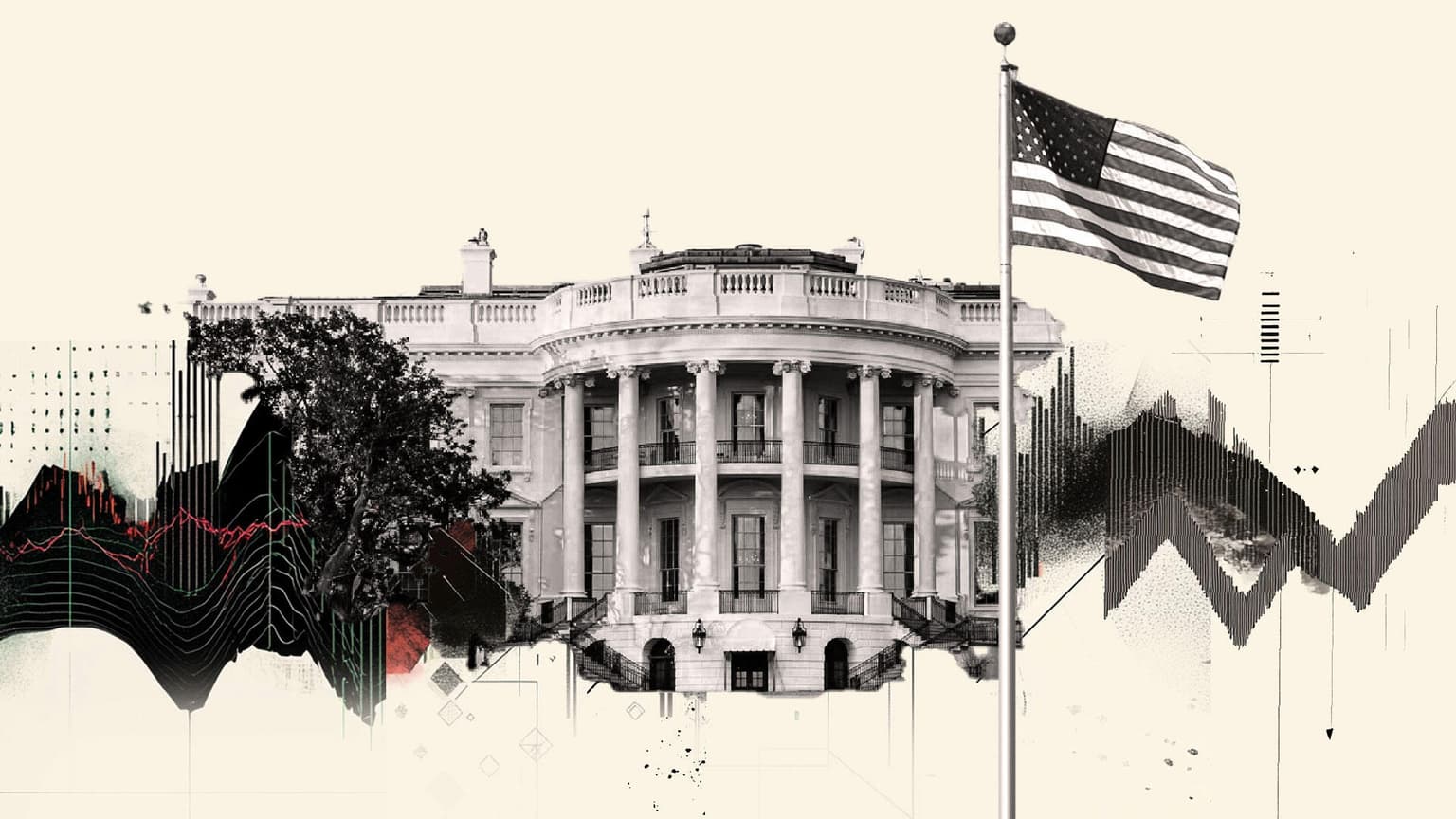Dollar Soars to 2019 Highs, What's Behind the Rise?

Dollar bulls are in control as the greenback rips higher against all of the major currencies. USD/JPY broke above 112 to rise to its strongest level this year while EUR/USD dropped to its lowest since June 2017. With no US data on today's calendar, there wasn't any obvious catalyst. US yields are down and stocks did not extend yesterday's gains. However with US equities trading near record levels and the Bank of Canada adding to the chorus of central bankers talking about easing, the persistent rise in stocks makes the Federal Reserve more and not less likely to tighten. Weakness abroad along with improvements US economy and Fed policy makes the dollar more attractive than other currencies. Tomorrow's durable goods and jobless claims report won't hurt the greenback because orders are expected to recover and the labor market is tight.
Meanwhile the euro is lower because German business confidence deteriorated in April. Although service sector activity improved, the Eurozone's largest economy is suffering from weakness in manufacturing. The Bundesbank has warned that growth could be softer than initially forecast. Between negative yields, ECB dovishness, risk of new tariffs from the US and softer data, we have been looking for 1.10 EUR/USD for some time. Now that 1.12 support has been broken, it should only be a matter of time before the pair slips down to this level. Sterling also came under selling pressure today but there were no UK data releases. The Bank of England meets next week and despite some data improvements, they will most likely echo their peers' cautious sentiment.
USD/CAD soared above 1.35 following the Bank of Canada's monetary policy announcement. The BoC completely ignored the improvements in retail sales and trade. They kept interest rates unchanged at 1.75%, lowered their economic forecast and dropped their hawkish bias. Instead of growing 1.7% in 2019, they now expect only 1.2% growth due to weaker than expected housing and consumption. Also the central bank no longer feels that the next move should be higher according to policy statement that said the "Governing Council judges that a accommodative policy interest rate continues to be warranted." They are worried about global growth, housing and even the oil sector, which should be benefitting from recovery in crude prices. Still, in his press conference, Governor Poloz felt that if their forecast is right, rates are more likely to go up than down. Nonetheless, with the BoC's neutral to dovish bias confirmed, USD/CAD is poised for further gains.
Meanwhile the Australian and New Zealand dollars dropped to its lowest level this year. Australian CPI was significantly weaker than expected in the first quarter. Instead of rising 0.2%, CPI growth was flat. The Reserve Bank has been neutral / slightly dovish for some time but now everyone is betting on a rate cut. Futures show a 70% chance of easing next month. While unlikely, it does explain the currency's weakness. The Bank of Japan has a monetary policy announcement this evening and there's a good chance that they could also downgrade their assessment of the economy. According to the latest reports, household spending growth is slowing, the trade surplus narrowed, confidence is down, manufacturing, services and industrial production growth are weaker and inflation is low. Japan's economy is widely believed to have contracted in the first quarter. The risk is to the downside for the Japanese Yen but the BoJ decision could also be a nonevent for USD/JPY.
Author

Kathy Lien
BKTraders and Prop Traders Edge

















